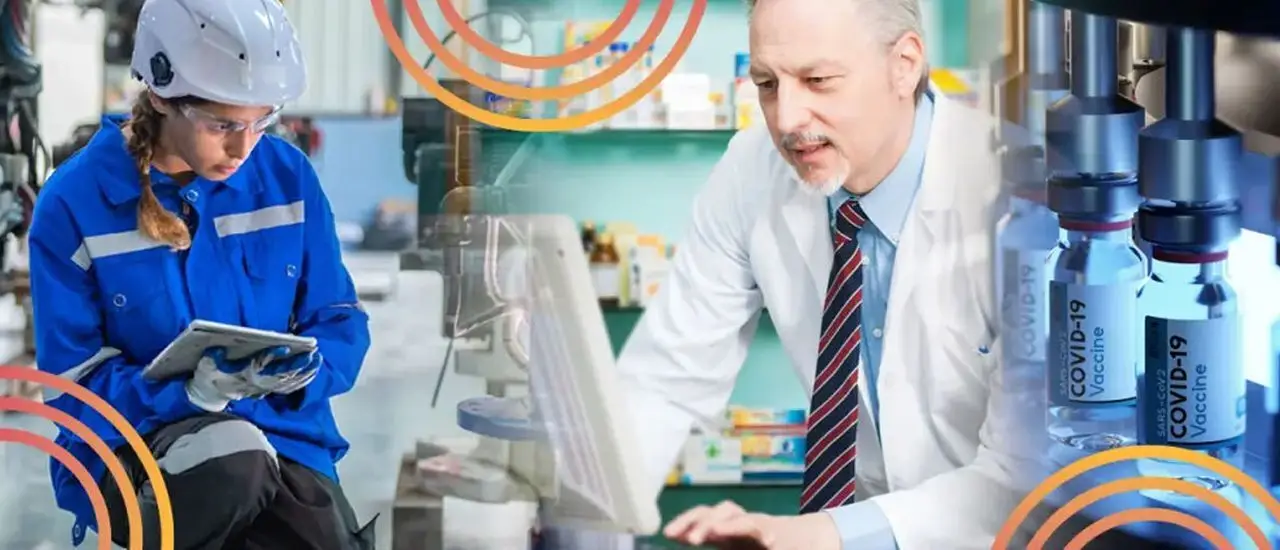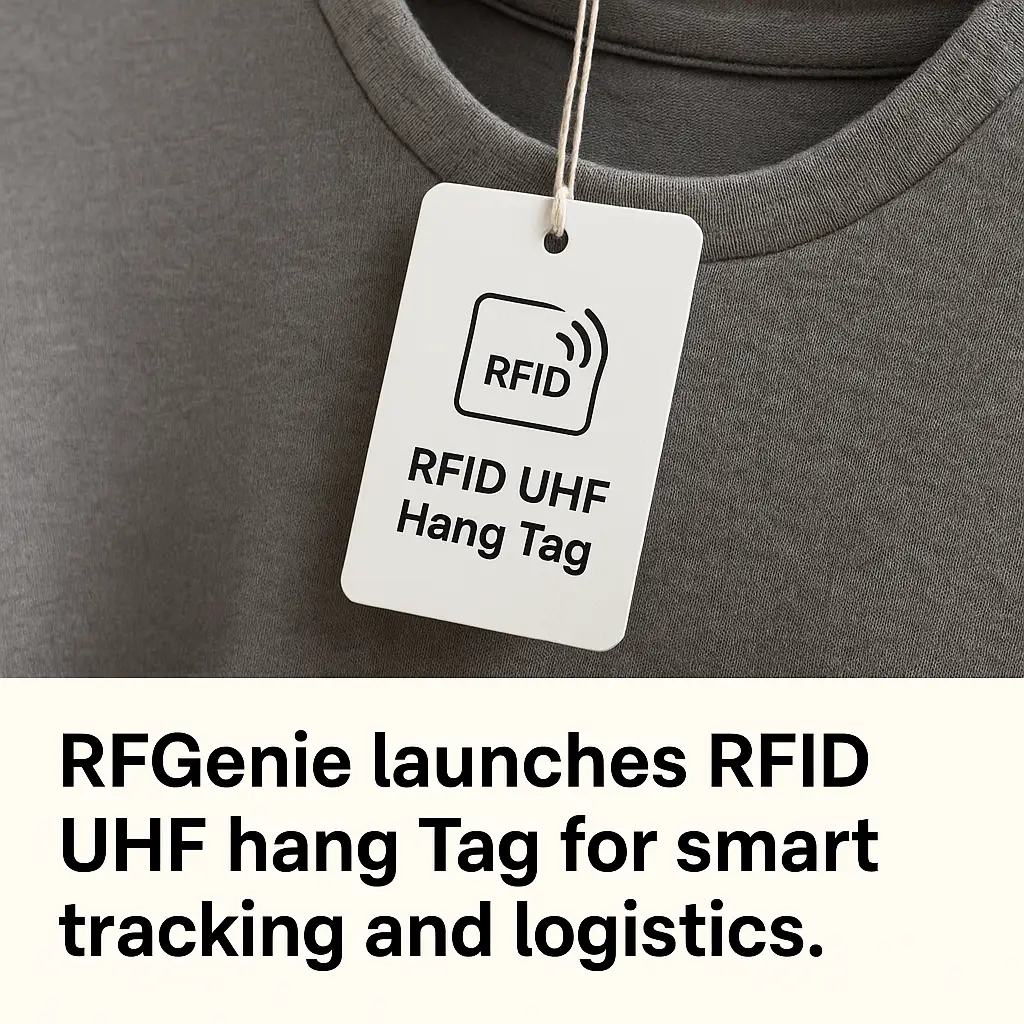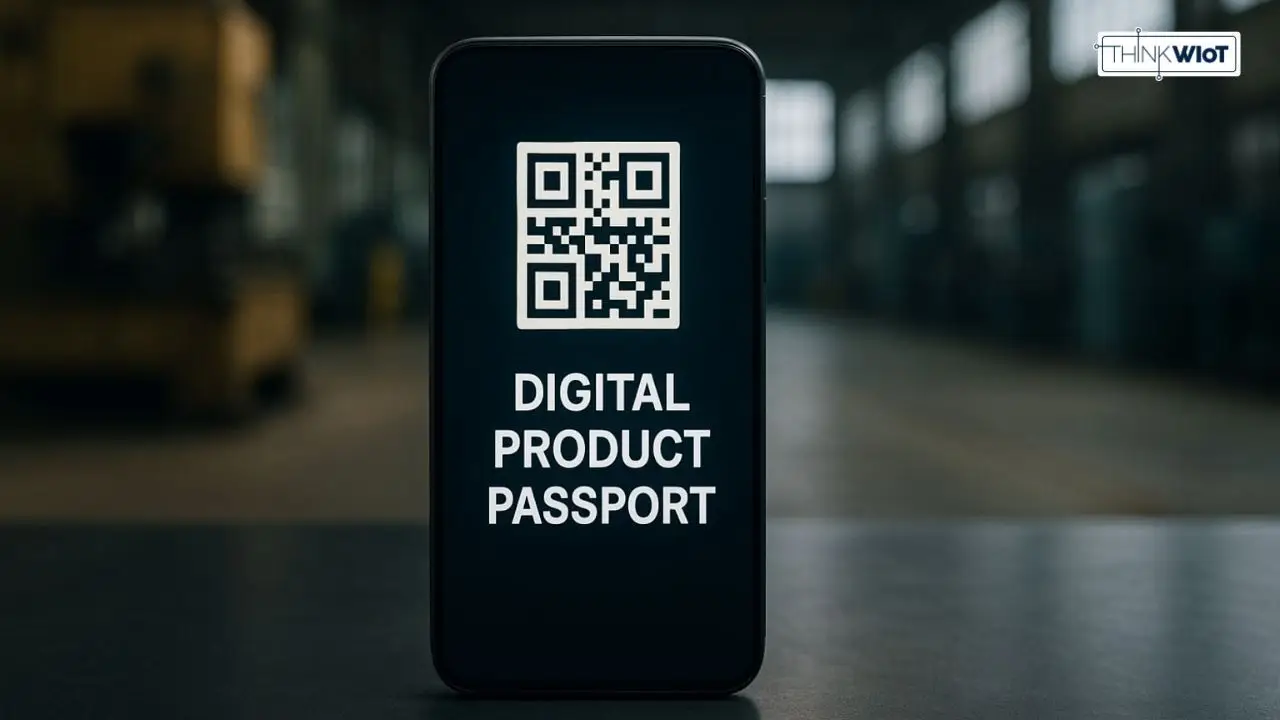Discover How UHF RFID Revolutionizes Automotive, Industry and Healthcare

Applications in the Tire Industry
In the tire sector, RFID technology plays a crucial role in tire authentication, connecting each tire to the Global Data Service Organization (GDSO) for a digital product passport. This technology allows operators to gain comprehensive insights into the tires they handle, improving operational efficiency and integrating seamlessly into existing workflows.
Major tire manufacturers are continually developing solutions to embed Ultra-High Frequency (UHF) RFID technology into their products, facilitating a smoother operation that does not disrupt the existing processes.
The essential components for tire authentication include UHF RFID tags, fixed or handheld RFID readers, RFID antennas, and a backend database system. The tags, embedded in tires during production, carry unique identification codes with critical tire information. RFID readers, equipped with antennas, capture the tags' data throughout the supply chain, storing it in a backend database for real-time authentication and tracking.
RFID in the Pharmaceutical Industry
In the pharmaceutical industry, RFID technology offers enhanced safety and operational efficiency. It allows for easy access to data regarding the origin, authenticity, and expiration of medications and medical equipment. This facilitates automated recalls, streamlines patient notifications, and supports anti-counterfeiting measures by ensuring that all medication is correctly identified and monitored.
Tracking Medication and Medical Equipment
Commonly utilized hardware in this sector includes passive UHF RFID tags and RFID readers, which are strategically placed to interact with tags attached to assets. This setup not only ensures the smooth tracking of inventory but also improves the management and utilization of medical equipment, reducing search times and preventing stockouts.
RFID in Production Process Control
RFID technology is also integral in production process control, especially in monitoring the temperature of process equipment and the curing of composite materials. Passive RFID sensor tags, which measure temperature, strain, and humidity, play a pivotal role. These batteryless sensors, which harvest energy from RFID reader signals, can be seamlessly integrated into production processes to provide critical data without the need for an onboard power source.
Read the interview with Leon de Ridder, CEO of Cisper Electronics, sharing insights into the key RFID hardware required in each of these industries.










